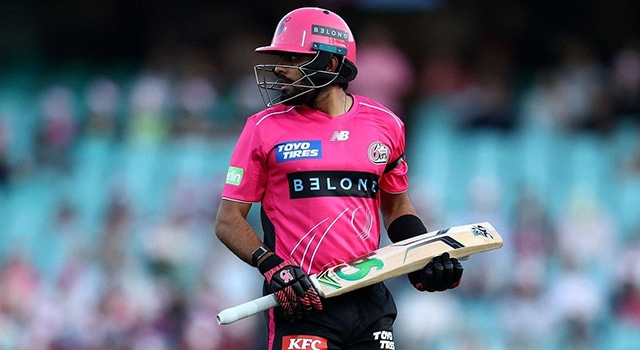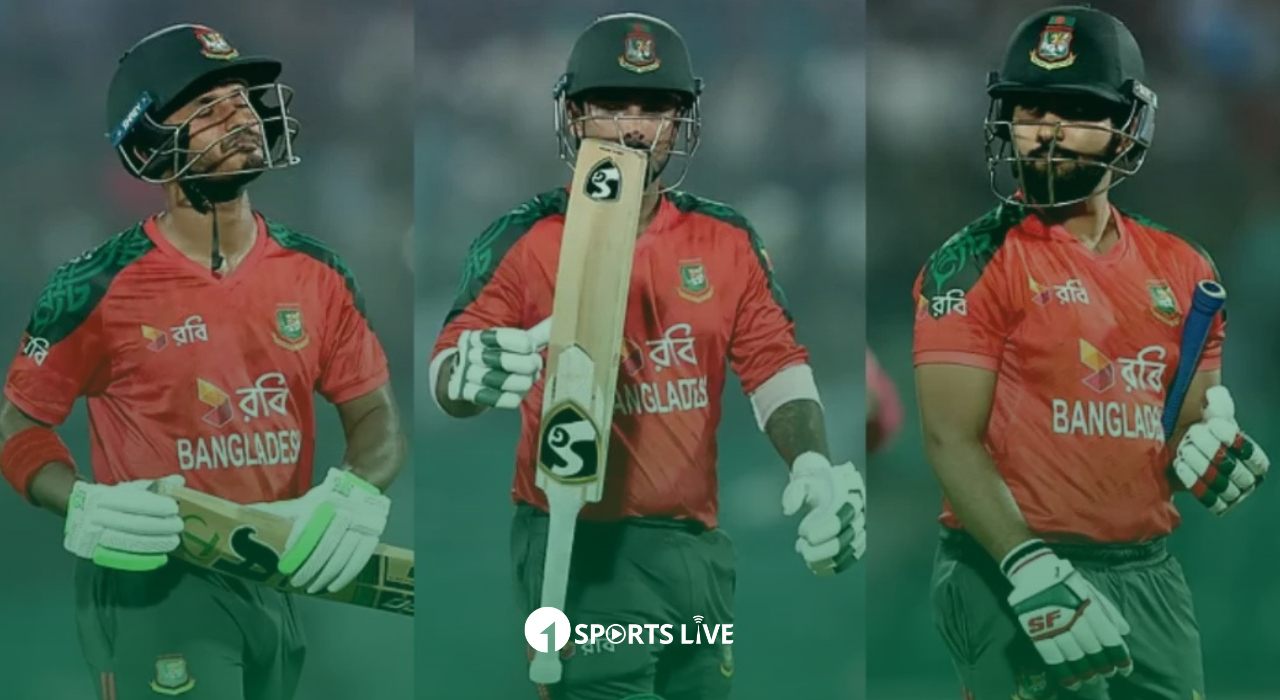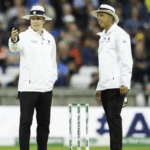Because of his slow batting and inability to hit boundaries, Steven Smith refused Babar’s call for a single. For that reason, Babar vented his frustration while leaving the field. While playing in the Big Bash, Babar Azam was severely humiliated, though financially he benefited a great deal. Based on the money he earned per run, he could buy one iPhone 17 Pro Max for every two runs he scored, according to market prices in Pakistan. That is certainly not a bad return.
Babar Azam went to play in the Australian Big Bash for the first time and was signed in the Platinum category. His salary was 420,000 Australian dollars. At present, the exchange rate of the Australian dollar in Pakistan is 190 rupees per dollar. Accordingly, his earnings in Pakistani rupees amount to nearly 80 million.
Babar Azam failed to do justice to such a huge amount of money. Throughout the entire tournament, he scored only 202 runs. That means he earned roughly three and a half lakh rupees per run. Even then, it is fair to question how useful those runs were for the team. He played 11 matches for the Sydney Sixers.
In those 11 matches, Babar batted at a strike rate of just 103. Such slow batting can be described as a very poor performance by any standard. Across those 11 matches, he hit a total of 22 boundaries—only three sixes, with the remaining 19 being fours.
Because of his slow batting and inability to hit boundaries, Steven Smith refused his call for a single. That is why Babar expressed his anger while walking off the field. Has it ever occurred to Babar that he should also be angry with himself for his performance?




















